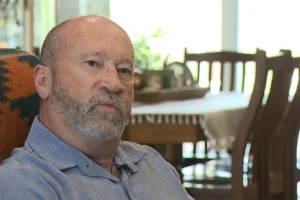
If the only 2 things you associate with Haiti are the 2010 earthquake and Wyclef Jean, you should probably read this.
Let’s admit it, Haiti has a bad rap. International media coverage mostly consists of bleak messages that remind us of the area’s bizarre weather and the nation’s devastating poverty. But there’s more to Haiti than the news will tell you. The nation has a rich history and culture, and through difficult times national pride stays intact. So here’s to knowing more about Haiti than the fact that shares an island with Dominican Republic. We give you ten things you should know about Haiti:
1. It’s one of a kind
Haiti has its share of firsts in history. It was the first independent nation of the Caribbean and Latin America, the first black-led republic in the world, when a successful slave revolution advanced to independence in 1804.
Imagine that: slaves defeated Napoleon Bonaparte’s French army.
2. The island’s a cultural portal
Haitian people are a mixture of Taino (island natives who prospered prior to conquistadores), African (brought over as slaves), French (colonizers), and Spanish (attempted colonizers) descent. There’s also a small population of Middle Easterner descendants of Syrian and Lebanese people who came in the nineteenth century.
3. The arts are alive in Haiti

Just hours after the earthquake settled, Jerry Rosembert, a local street artist started spraying the streets of Port-au-Prince. The inspiring messages instill confidence and hope while reflecting on difficult, social issues. His work along with other local efforts have brought international light to the arts in Haiti.
The Association for the Promotion of Family Integrated Health (APROSIFA) has setup youth painting and sculpture classrooms taught by volunteer professional artists. Early this year, hundreds of art fans gathered downtown at APROSIFA’s Haitian Renaissance show.
4. There’s mountains for miles
Haiti, pronounced Ayiti , means “Land of Mountains.” It’s actually the most mountainous nation in the Caribbean neighborhood. Although competition for commodities resulted in massive deforestation, you can still get a dose of the hillsides.
5. Multilingual is the norm
Many Haitians are bi- (or even tri-) lingual. Creole (to be distinguished from Louisiana Creole) is what’s spoken in the streets. For official business, ie: courts, school, etc., the language spoken is French. And because Haiti neighbors Spanish-speaking countries, to which they often travel for work, they may also speak Spanish.
Continue Reading More Here…






























